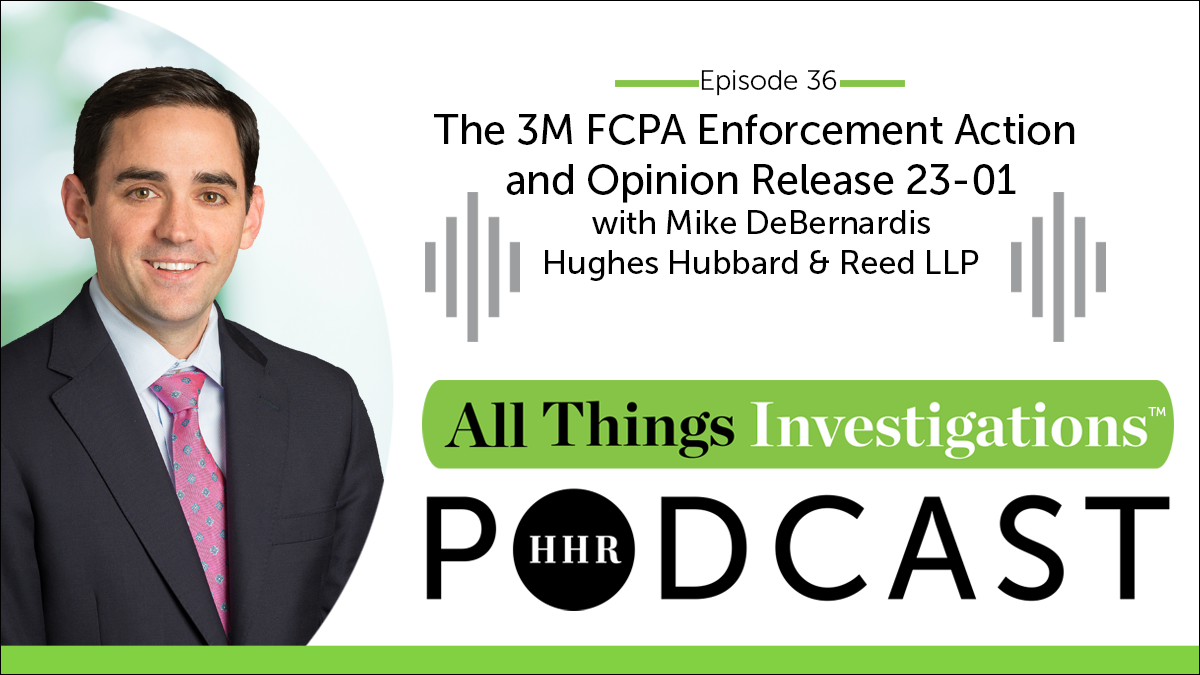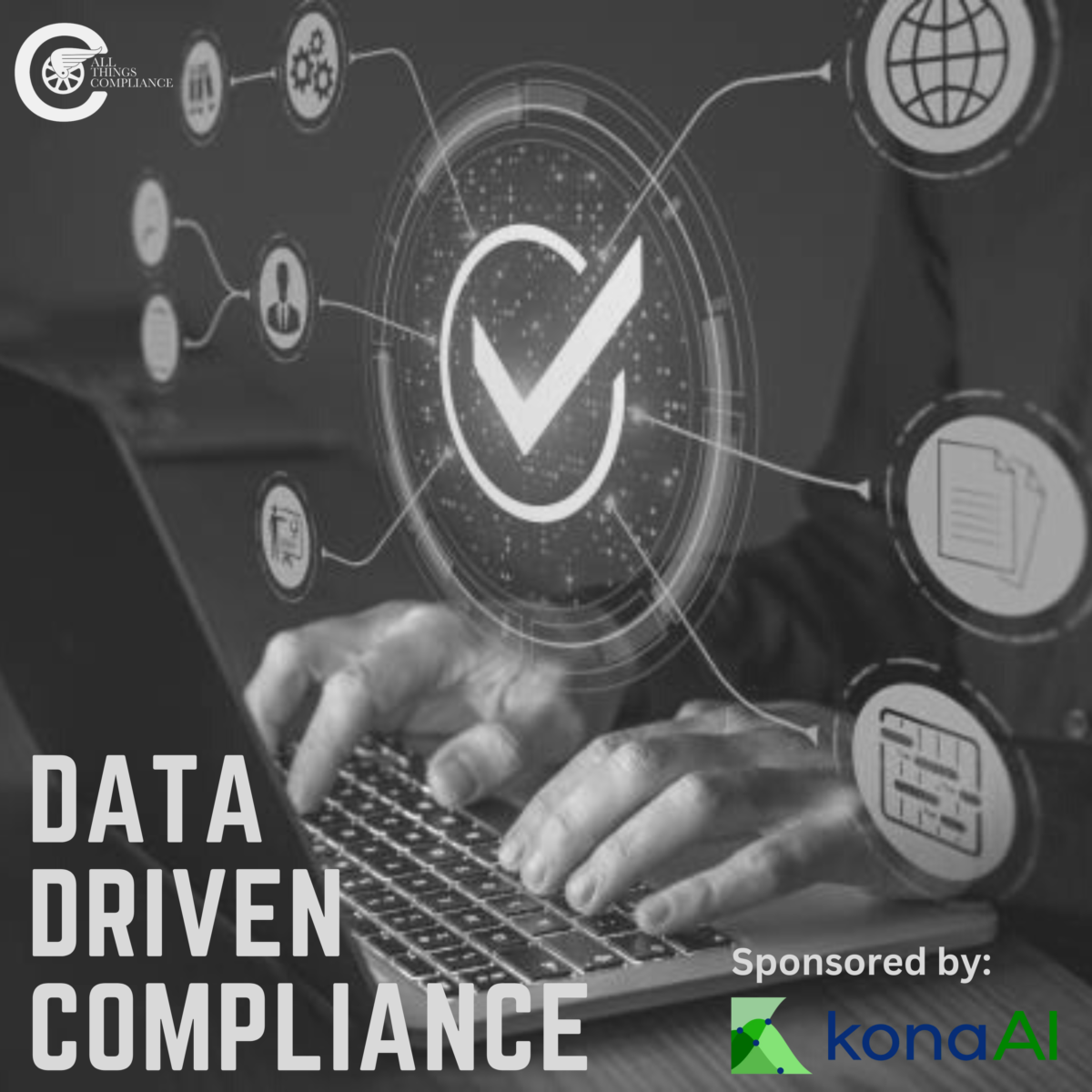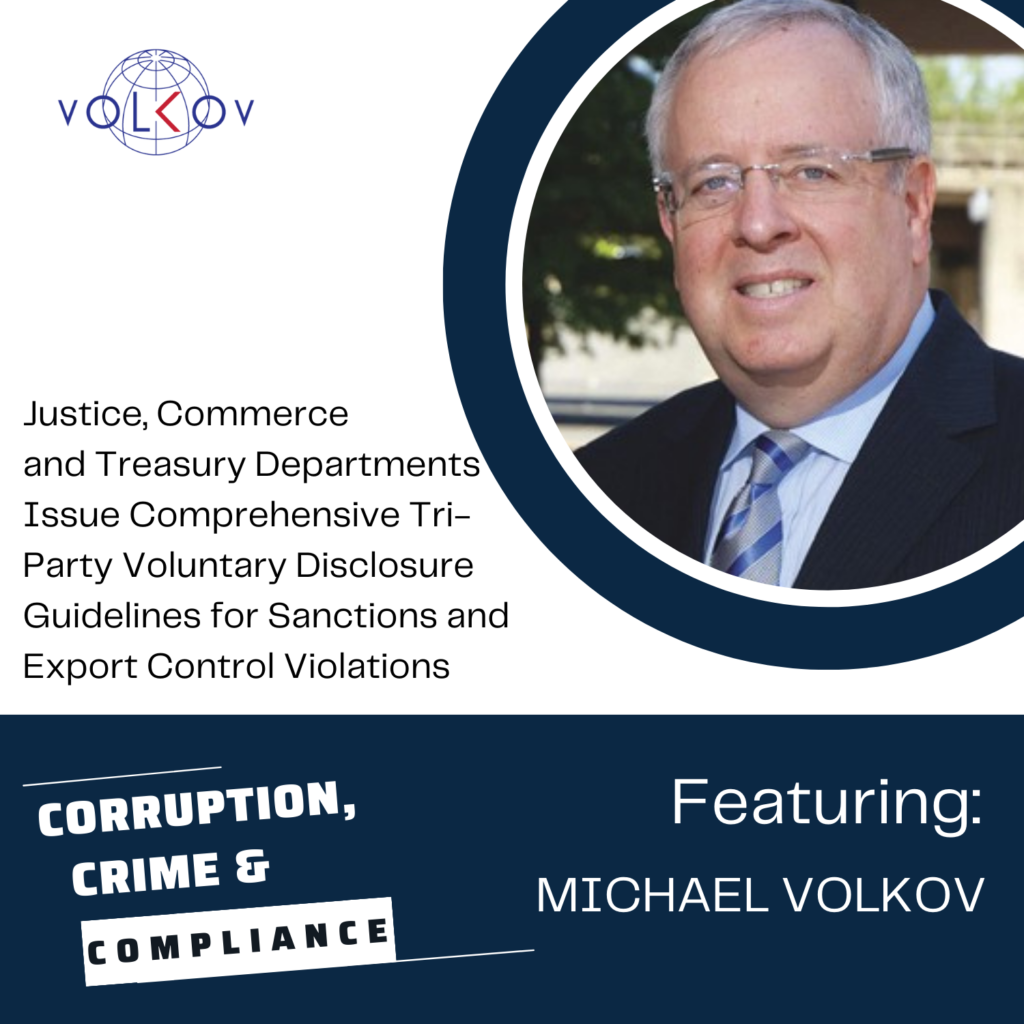Welcome to a review of all the Sherlock Holmes stories which are collected in the work, “The Adventures of Sherlock Holmes.” The appeared in the Strand Magazine from July 1891 to June 1892. Over 12 episodes, I will be reviewing each story and mine them for leadership, compliance and ethical lessons. Today I consider some ethical lessons from “The Noble Bachelor” which was initially published in the Strand Magazine in April 1892 and is included in the collection ‘The Adventures of Sherlock Holmes’.
Summary
The story begins when Lord Robert St. Simon, the second highest-ranking nobleman in England, seeks Sherlock Holmes’s help. Lord St. Simon’s new American wife, Hatty Doran, has disappeared shortly after their wedding. The only clues left behind are a wedding dress and a mysterious note.
Holmes sets to work, investigating every angle of the case. Upon interviewing the various parties involved, including Hatty’s former nurse and confidante, he uncovers the truth.
The missing bride, Hatty Doran, had previously been engaged to a man named Frank Moulton in America. They had a misunderstanding, and she had believed Frank to be dead. When she found out that Frank was alive and had been in England all along, she left her wedding to reunite with him.
In the end, Holmes does not interfere with Hatty’s decision, allowing her to leave with Moulton, despite the scandal it would create for Lord St. Simon. The detective explains to St. Simon that Hatty still loved Frank and was forced into the marriage due to a misunderstanding.
Thus, in “The Noble Bachelor,” Holmes uncovers a mystery of love and misunderstanding, ensuring the rightful parties are united while upholding his principles of justice and truth.
Ethical Lessons
1. Honesty and Transparency: One of the main lessons revolves around the importance of honesty and transparency, especially in relationships. Lord Robert St. Simon and Hatty Doran, who are in the center of the story, show that lack of communication and honesty can lead to misunderstandings and complications.
2. Compassion and Empathy: Sherlock Holmes, in his investigation, shows understanding towards Hatty Doran’s difficult situation, highlighting the importance of compassion and empathy. Even when she runs away from her marriage, Holmes doesn’t rush to judgment but rather attempts to understand her motives.
3. Respecting Individual Choices: Hatty Doran decides to return to her former fiancé, who she believed was dead, thus asserting her personal choice. It teaches the lesson of respecting individual choices, even when they go against societal norms or expectations.
4. Materialism vs True Love: Lord St. Simon, the noble bachelor, is portrayed as quite materialistic and is primarily concerned with his status. In contrast, Hatty Doran and her former fiancé, Francis Hay Moulton, display a genuine and profound love for each other. This contrast raises ethical questions about the nature of love, happiness, and material wealth.
5. Justice and Fairness: Despite the societal standards of the time, Holmes does not seek to punish Hatty Doran for breaking her marital vow. He does not judge her actions, respecting her circumstances and choices. This underscores the importance of justice that is compassionate, understanding, and fair.
Resource
The New Annotated Sherlock Holmes









